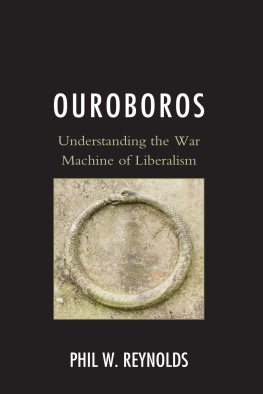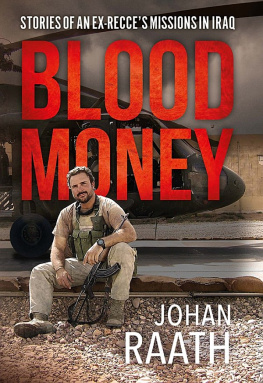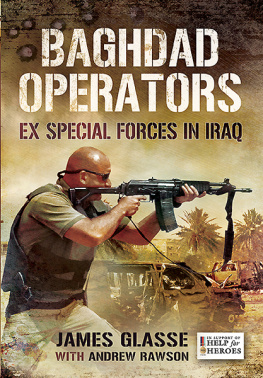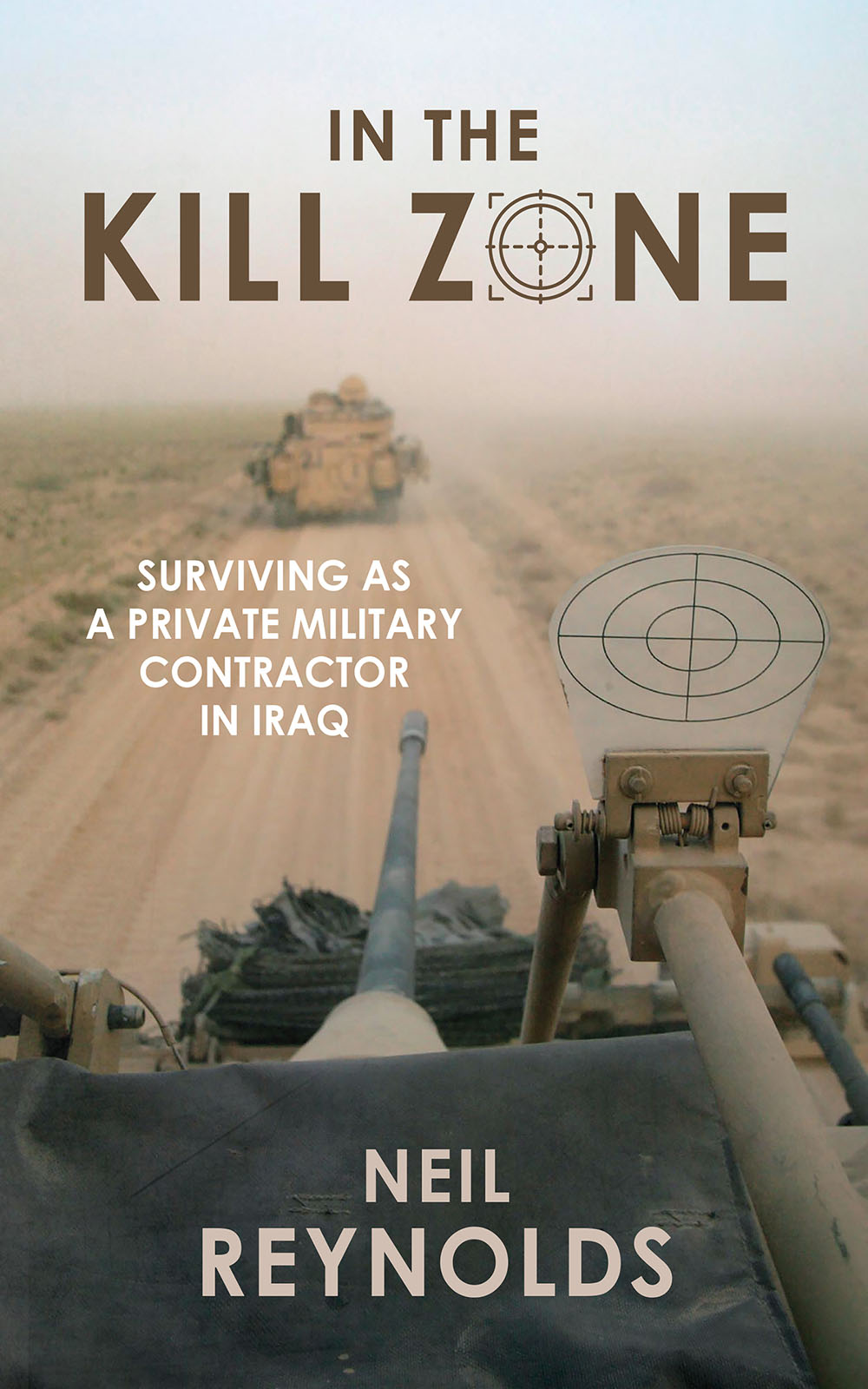The Baghdad Four
Iraq, Baghdad. Many times I have imagined this scene. Many times I have played it out in my mind.
It was Sunday, 10 December 2006. I had been in Iraq for three years working in the private military security industry.
On that day we sent a convoy to Kirkush in the northeast of the country, about 200 km from Baghdad. Up front in this convoy was a Nissan sedan, followed by a GMC armoured vehicle, followed by a Kia 12-seater minibus, which acted as the gunship (CAT, counter-assault team) to repel any attack on the convoy by insurgents.
It was a particularly tense mission. There had been a couple of attempts to truck our clients material to Kirkush but these had all fallen foul of insurgent activity. The equipment was critical to a construction project and this mission had to succeed.
We had four expat members of our staff and five Iraqis as the security detail running the mission. The expats were South Africans: Andr Durant (38), Johann Enslin (48), Callie Scheepers (48) and Hardus Greeff (43). All were experienced, all were men who could be relied on in a difficult situation. But, experience aside, they would have been tense and alert from the moment they left the relative security of the Dohra power station, one of our compounds, for Kirkush.
On the outskirts of Baghdad, the convoy arrived at one of the many checkpoints in and around the city and came to a halt. This is where my imagination takes over, where I keep replaying the scene.
The Iraqis manning the checkpoint were most probably wearing uniforms of the Iraqi police or army. There was no way for the team to know it was a fake checkpoint set up by insurgents. I was later told one of the Iraqis asked them to evacuate the vehicles for an inspection.
This was an unusual procedure, but I can imagine that Andr, as the team leader, did not want to aggravate a situation that was volatile by its nature, so the men complied.
Make your weapons safe! came the next instruction.
Again the men complied.
Hand over your weapons for the inspection. Also you will not need to wear your body armour. Take it off.
I can imagine that at this point Andr protested. I can imagine that guns were pointed at them, that they tried to defuse the situation. But it escalated quickly.
You will come with us. Move, move, move.
And, being prodded by the barrels of AK-47s, they would have been forced into vehicles and taken away.
They were all family men. They had wives. They had children. They would become known as the Baghdad Four.
They are part of my story.
1
Want to work in Iraq?
In early July 2003 I was living in the small town of Mtunzini on the KwaZulu-Natal north coast. My wife, Vivienne, and I had bought there in the late 1990s while I was still in the South African National Defence Force (SANDF) and second in command of Group 27, a commando unit that was based in Eshowe and had since been phased out.
For the previous three years I had worked in northern Angola as in-house security for the diamond mining company International Trading and Mining. My mission was the safekeeping of the diamonds during the mining process, from extraction to sorting. However, in 2003 I decided for personal reasons not to renew my contract.
I hadnt been home a week before Mauritz le Roux, the owner of Safenet Security, phoned. I had worked for Safenet before my stint in Angola and had kept in touch with Mauritz. Now Mauritz was on the phone as if we talked weekly.
I heard youd left Angola, he said. Want to work in Iraq?
Iraq? I had no idea where Iraq was and only a vague idea that a war was raging there from watching BBC News when I was still on the mine. Minor details.
Ja, of course, I responded. When do we leave?
I want you to meet my partner before we settle on a contract. Hes an American, named John Walbridge. Can you get up to Pretoria for a meeting?
No problem. Ill catch an early flight tomorrow.
Leaving home at the drop of a hat seemed to have become a common thing with me, and my family had got used to this coming and going. Truth be told, I suspect my presence upset their routine, as they were accustomed to living without me. Too much of Dad was not necessarily a good thing.
Fortunately, Vivienne is a very understanding wife, and when I told her I was going to Pretoria for a few days to explore a job option she was supportive. I mentioned that it would be an overseas contract but didnt mention Iraq. More than that I couldnt say, as more than that I didnt know. I packed an overnight bag with my trusty jeans and T-shirts and wore smart casuals and a jacket for the meeting. The next morning I was on the first flight out of Durban.
I am a military man through and through. In 1980 I was called up for my two-year national service at the Infantry School in Oudtshoorn. There I completed my junior leaders training. Eventually, I was posted to the operational area of South West Africa (today Namibia). After my first contact, I was hooked. I knew I wanted to be a professional soldier and decided to join the Permanent Force.
By November of that year I was in the reconnaissance wing of 31 Battalion at Omega in the Caprivi Strip. There I got to work with a group of Bushmen who taught me everything I needed to know about bush warfare. They were incredible.
After eight years in the Caprivi I was transferred back to South Africa and the Department of Foreign Affairs. My next posting was to the Venda Defence Force, until a military coup occurred in that homeland. The South African embassy in Venda felt that I had been too involved in the coup and advised that I leave the country. I was posted to the Infantry School in Oudtshoorn and to various other positions until I took the early retirement package from the military at the end of 1999.
At that point I did some private security work for Mauritz le Rouxs company Safenet for a few months. They had a contract to provide security for Tiger Brands when I joined them in 2000. My army buddy Gerhard Nel, with whom I had been deployed on a number of missions with 31 Battalions recce wing, was the CEO of Safenet at the time and introduced me to Mauritz.
The work for Safenet was occasional and by June 2001 I took a longer-term contract in northern Angola at the diamond mining company. This was my first taste of the commercial security industry. The contract conditions were six months on the mine followed by a months leave. Being out there in the bush meant almost total isolation. There was no internet. We were allowed a five-minute phone call home once a week using the satellite phone. It was tough on our families, and not easy for us either.
From time to time we escorted the diamonds from Lucapa to Luanda for a diamond sale, but other than those occasions our world was limited to the mine. Fortunately the food was good. As was the remuneration. I earned more in a month than I had in a year in the army. And there was a bonus of 50% of your salary if the mine extracted diamonds in excess of 25 000 thousand carats in a month.
I had some amazing times on the mine and I learnt a few things that would come in very handy in the months and years to come. For one, I learnt my way around international airports. At the time, most of the military guys were not very experienced travellers boarding a C-160 at Waterkloof Air Force Base was a big thing. This had also been the limit of my flying experience. Not once in my 20-year military career had I flown on a commercial plane.








